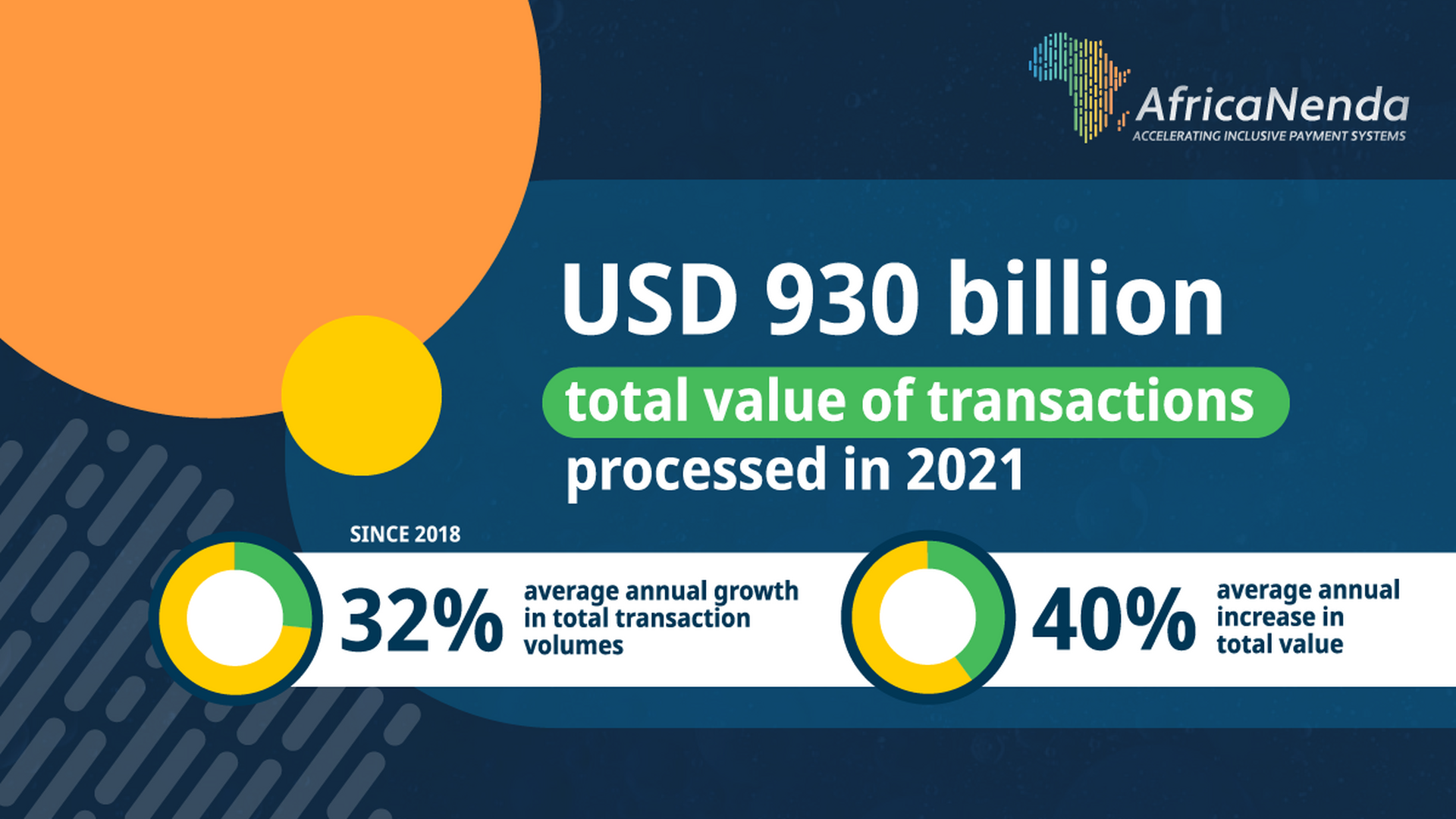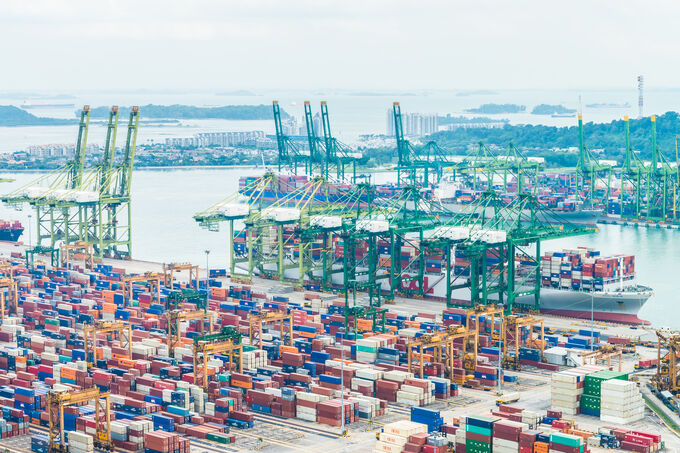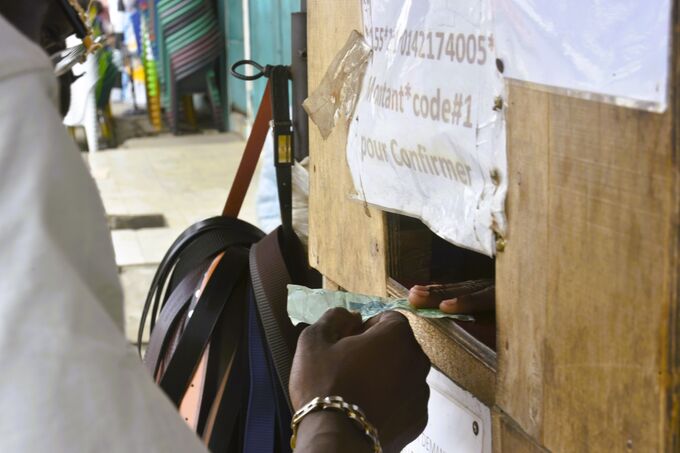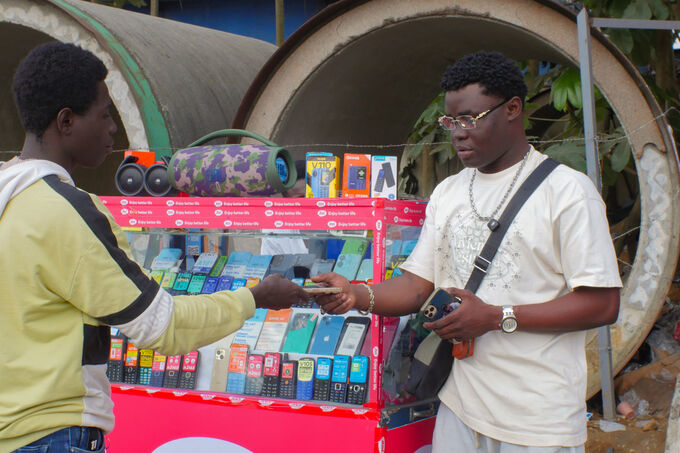
News
Tapping into the power of data to accelerate IIPS in Africa
by Djeinaba Kane, Advocacy & Partnerships Lead, AfricaNenda - 28 February 2023
The first State of Instant and Inclusive Payment Systems launched in 2022 in collaboration with the World Bank and United Nations Economic Commission for Africa (UNECA) captured the growing potential of Instant and Inclusive Payment Systems (IIPS) in Africa through a detailed set of tools and reports based on data analytics. The report highlights the rapid ascension of IIPS in Africa with 29 live systems on the continent and of these, 72% of IPS support person-to-person (P2P) and person-to-business (P2B) making approximately 16 billion transactions processed in 2021 worth a total value of over $930 billion.
The SIIPS report revealed that data and statistics are priority areas in the improvement of payment systems across the continent. Key milestones in this area include enhancing payment systems and remittance data (data collection, management, analysis, and dissemination), facilitating the use of harmonized definitions, concepts, and methodologies, and strengthening the coordination at national and regional levels.

Deep diving into the data on IIPS helps to capture the realities of payment systems on the continent, the barriers, and best practices to increase financial inclusion through the development of new channels of interoperable payment systems. To achieve such a goal, it is critical that accurate data is obtained from different sources in the financial system market.
Accurate reporting and subsequent data analytics on instant retail payment transaction volumes and values assists in generating evidence-based insights and learnings around different IPS’s current market performance against the rest of the continent. This helps determine what cost-effective strategies could be introduced to reach low-income and financially excluded individuals.
Publicly shared data improves consumer experiences by providing a quantitative evidence-based basis for the development of new products. It also helps design data driven policies to protect consumers and advance technology in a rapidly growing digitalized world. For example, GSMA has demonstrated its effectiveness and critical place in the mobile world ecosystem by providing resourceful data to improve mobile data knowledge, influence policies and product development. In addition, data sharing contributes to filling the information gap on IIPS on the continent, to produce empirically- based insights to inform policy design.
Despite best efforts to mobilize as much data as possible, the data made public and available in Africa remains relatively low. As we embark on the SIIPS 2023 journey, we invite you to contribute to the data collection to produce a more accurate report with deep insights and learnings on IIPS in Africa.
We are excited to hear from you and invite you to share your thoughts, questions, and comments: info@africanenda.org
*Cover image by rawpixel.com on Freepik


